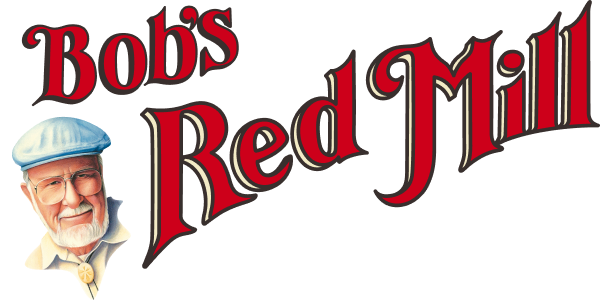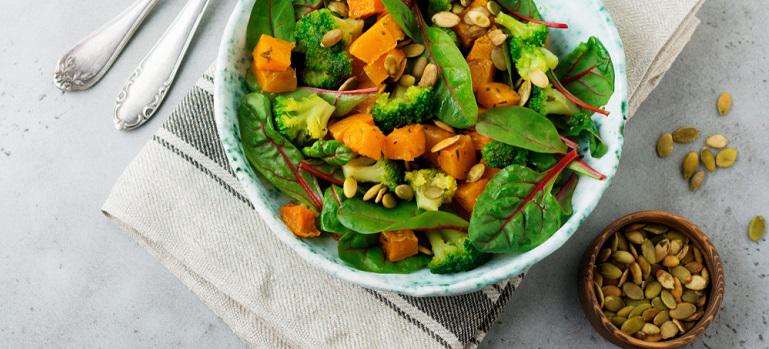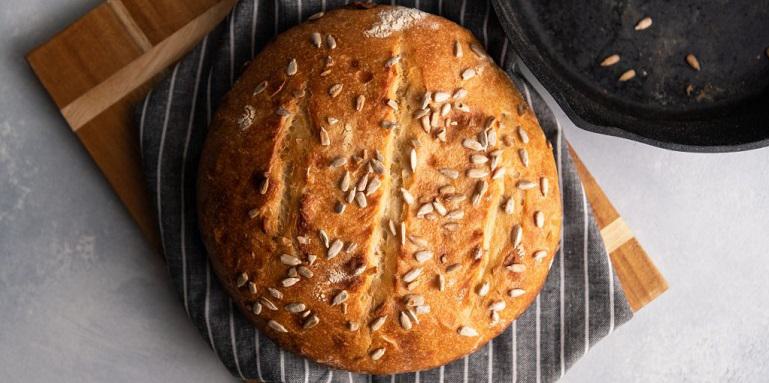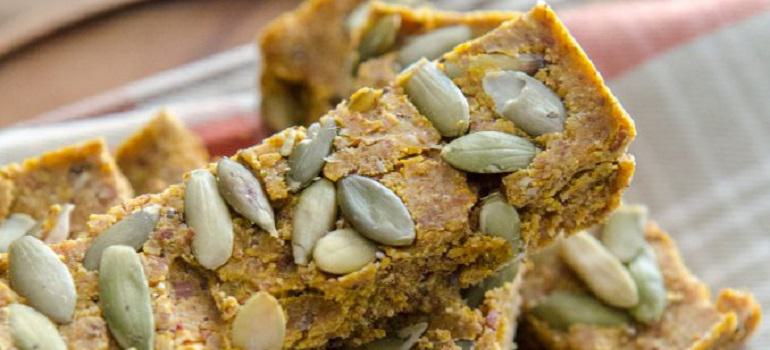



 When most people think of sunflower seeds, they associate them with the memories of the baseball games they went to growing up. And while these seeds are a favorite snack to enjoy during America's pastime, you can also enjoy them in several other ways. For example, incorporating sunflower seeds into your diet could work wonders for your health and add great flavor to the dishes you create.
Sunflower seeds are the seeds, a.k.a fruit of the sunflower plant. They are found in the center of the plant's large flower head. The sunflower's size largely determines the number of seeds at its center, with some flowers producing up to 2,000 seeds.
When most people think of sunflower seeds, they associate them with the memories of the baseball games they went to growing up. And while these seeds are a favorite snack to enjoy during America's pastime, you can also enjoy them in several other ways. For example, incorporating sunflower seeds into your diet could work wonders for your health and add great flavor to the dishes you create.
Sunflower seeds are the seeds, a.k.a fruit of the sunflower plant. They are found in the center of the plant's large flower head. The sunflower's size largely determines the number of seeds at its center, with some flowers producing up to 2,000 seeds.
 Pumpkin and sunflower seeds are everyday snack items and can be used in various recipes to create tasty meals. Though these seeds do share similar benefits, they also share differences. Here's a closer look at how pumpkin seeds stack up compared to sunflower seeds.
Pumpkin and sunflower seeds are everyday snack items and can be used in various recipes to create tasty meals. Though these seeds do share similar benefits, they also share differences. Here's a closer look at how pumpkin seeds stack up compared to sunflower seeds.

 Create a healthy treat you can enjoy in-between meals by combining all your favorite ingredients to make homemade energy bars like these Pumpkin Chai Boost Bars. Made with a handful of healthy ingredients like Natural Almond Flour, Almond Protein Powder, Organic Pumpkin Seeds and Whole Grain Oat Flour, these bars are sure to keep you fueled and energized through all of the day's tasks.
The next time you're wondering which seeds to mix into your favorite recipes, review this article to determine if pumpkin seeds or sunflower seeds will better suit your needs. Both are excellent for you, meaning you can't go wrong with these two superfoods. From the Bob's Red Mill family to yours, have a healthy and happy day!
Do you enjoy adding these two seeds to your recipes? We'd love to hear more about how you add pumpkin and sunflower seeds to your meals. Share your favorite seed-based recipes with us in the comments below.
Create a healthy treat you can enjoy in-between meals by combining all your favorite ingredients to make homemade energy bars like these Pumpkin Chai Boost Bars. Made with a handful of healthy ingredients like Natural Almond Flour, Almond Protein Powder, Organic Pumpkin Seeds and Whole Grain Oat Flour, these bars are sure to keep you fueled and energized through all of the day's tasks.
The next time you're wondering which seeds to mix into your favorite recipes, review this article to determine if pumpkin seeds or sunflower seeds will better suit your needs. Both are excellent for you, meaning you can't go wrong with these two superfoods. From the Bob's Red Mill family to yours, have a healthy and happy day!
Do you enjoy adding these two seeds to your recipes? We'd love to hear more about how you add pumpkin and sunflower seeds to your meals. Share your favorite seed-based recipes with us in the comments below.